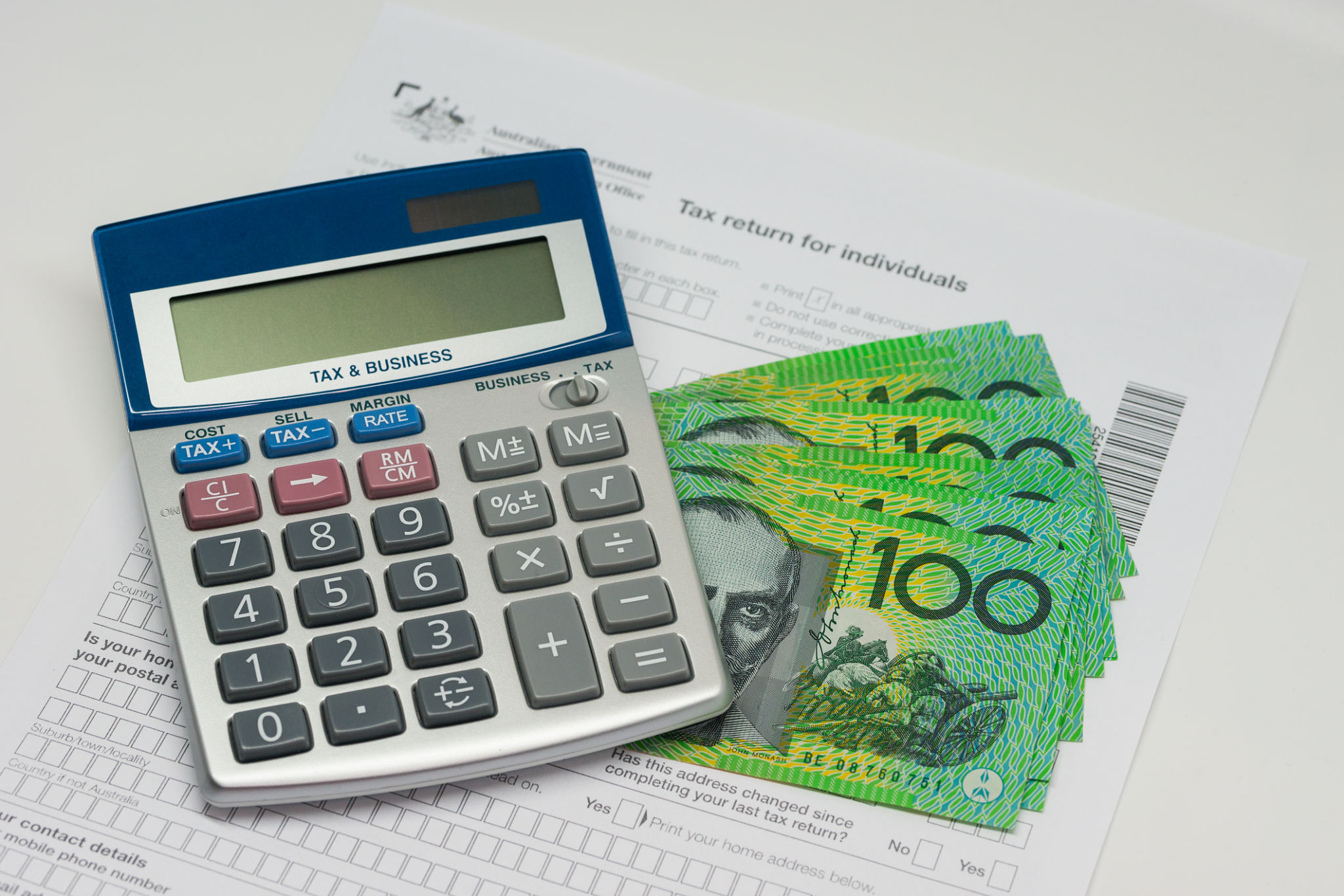Understanding Tax Obligations for Small Businesses in Australia
Introduction to Tax Obligations for Small Businesses
Starting a small business in Australia is an exciting venture, but it comes with its own set of responsibilities, particularly when it comes to taxes. Understanding your tax obligations as a small business owner is crucial to ensure compliance and avoid any legal pitfalls. This guide will help you navigate the essentials of tax obligations for small businesses in Australia.

Registering for an Australian Business Number (ABN)
The first step for any small business is to register for an Australian Business Number (ABN). An ABN is a unique 11-digit number that identifies your business to the government and community. It's essential for invoicing and claiming Goods and Services Tax (GST) credits. Without an ABN, other businesses may withhold 47% of payments to you.
Benefits of Having an ABN
Having an ABN allows you to register for GST, claim GST credits, and register for Pay As You Go (PAYG) withholding. It also makes it easier to register a business name and apply for certain licenses and permits. An ABN is a vital tool in establishing your business identity in Australia.
Understanding Goods and Services Tax (GST)
Goods and Services Tax (GST) is a broad-based tax of 10% on most goods, services, and other items sold or consumed in Australia. If your business has a turnover of $75,000 or more, you must register for GST. This registration enables you to collect GST on sales and claim GST credits on your purchases.

Filing BAS Statements
Once registered for GST, you are required to lodge a Business Activity Statement (BAS). This statement helps you report and pay your GST, PAYG withholding, and other tax obligations. BAS statements are typically lodged quarterly but can be done monthly or annually depending on your business circumstances.
Pay As You Go (PAYG) Withholding
If you have employees, PAYG withholding is a system where you withhold tax from payments made to employees and other businesses so they can meet their end-of-year tax liabilities. Registering for PAYG withholding is mandatory if you have staff on your payroll.
Calculating PAYG Withholding
The amount of PAYG withheld depends on the income tax rates applicable to each employee. It's important to keep accurate records of all payments made and taxes withheld to ensure compliance with the Australian Taxation Office (ATO) regulations.

Income Tax for Small Businesses
Small businesses in Australia are subject to income tax on their profits. The rate of income tax depends on the structure of your business, whether it's a sole trader, partnership, trust, or company. Each structure has different tax rates and implications, so it's crucial to understand which one applies to your business.
Claiming Business Deductions
To reduce taxable income, small businesses can claim deductions for expenses directly related to earning income. Common deductions include office supplies, travel expenses, and equipment depreciation. Keeping detailed records is essential to substantiate these claims during tax season.
Conclusion
Navigating the complexities of tax obligations can be daunting for small business owners in Australia. However, with the right knowledge and resources, you can ensure compliance and focus on growing your business. Consider consulting a tax professional to help streamline this process and provide tailored advice specific to your business needs.
